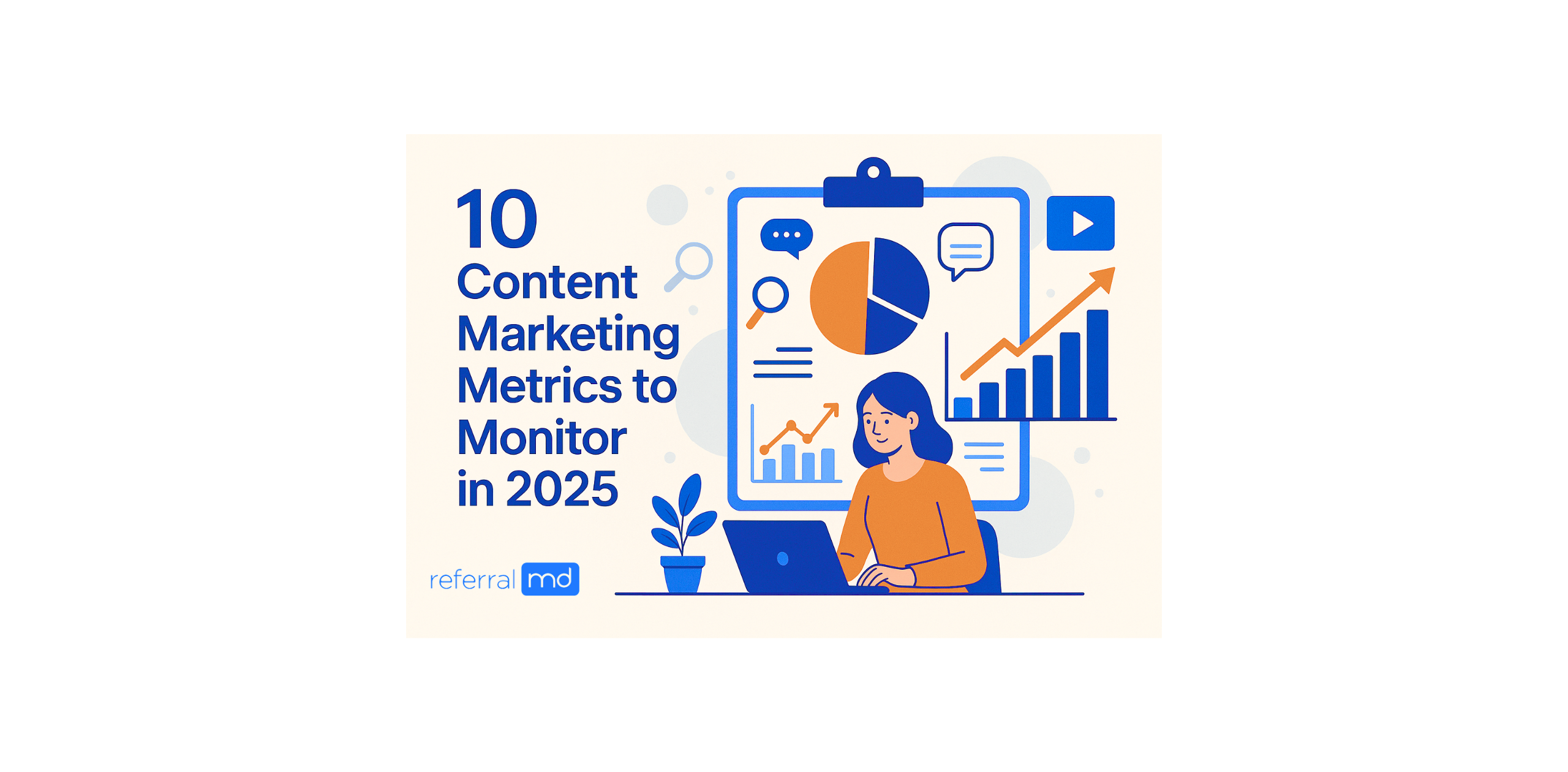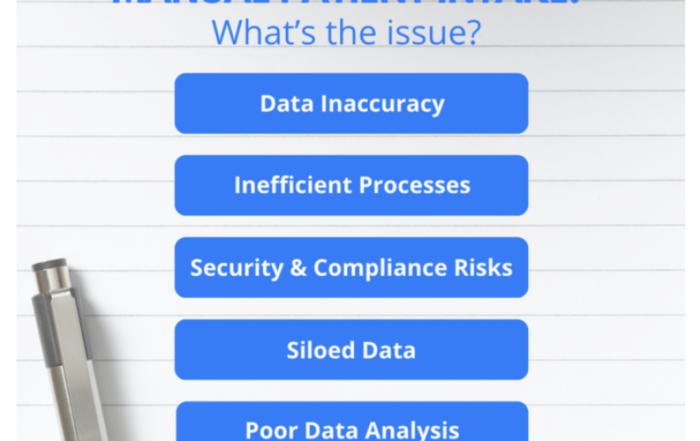
Photo by Marvin Meyer on Unsplash
You’ve probably heard the phrase “The future is digital” a lot these days. As technology is progressing rapidly, people are adapting to technologies for their benefit. Digital marketing strategies for healthcare are one such technology that you need to get a hold of.
The healthcare industry is gradually turning towards digital marketing. It’s gradually becoming one of the top healthcare trends. That’s because the combination of healthcare and digital marketing is proving to be a great step for business owners.
Though the healthcare industry’s digital marketing strategies are still a new frontier, it’s slowly being recognized as a worthy cause in the health care sector.
In today’s article, we’re going to discuss the top 5 things you need to know about digital marketing in the healthcare industry. Let’s start!
#1 Customers Reliance On Search
Previously, if you had to seek a doctor, you might’ve called your relatives for suggestions. But these days, people are reliant on the internet for finding doctors. According to Google, over 80% of people rely on both online and offline resources for healthcare research.
That’s because, in modern times, people have less time for physically being at a place. People prefer looking at medically-related videos before going to the doctor. And over 64% of people prefer making doctors’ appointments online.
So, you might have a question regarding how this process works. It’s straightforward, actually.
For example, people use Google to ask, for example, “Who is the best psychiatrist in New York.”. The search result then shows them the best available psychiatrists around. The main thing here is, if you aren’t optimizing the Web search, then you are neglecting a lot of business potential.
#2. People Love To Watch Videos
Capitalizing on videos is one of the great digital marketing strategies you should try in the healthcare industry. If you didn’t know already, one of the top-grossing video categories on YouTube is healthcare.
What’s the point of that here? Well, that means people like watching videos related to healthcare, and you need to capitalize on that.
To make your business strong, you need to earn customer loyalty. And a strong bond can be forged through videos. A video can help people turn to your business authentically while not making it look like an advertisement. A video can improve customer retention while reducing friction.
For example, think of a health supplement company. If they publish a video showing how clean and fresh their ingredients are, people are more likely to buy their products. That video might show the entire process of how ingredients are turned into supplementary products and how they reach consumers. In that way, companies can demonstrate how good their product is and create an impression that will prompt the buyer to buy their products.
Maintaining transparency with video campaigns will ensure that you have a steady rise in sales and growth while significantly impacting the target market.

Photo by Glenn Carstens-Peters on Unsplash
#3 Providing Excellent Website Experience
Another thing people neglect is their websites while doing digital marketing for the healthcare industry. Good website traffic can mean positive results for our business.
Take a look at your website. Can people easily navigate through it?
Most people prefer to leave a website if it took more than 3-4 seconds to load up. Imagine someone is looking for marijuana detox pills, and click on your website. He or she needs to order the pills as soon as possible. But your website is too slow to load the product page. Does he wait for the page or search for another website? A slow website always leaves a bad impression on your business.
That’s why having a quick responding website is crucial for selling your product and service.
#4 Think Local
One thing most people leave out is the local aspect of a business. Focusing on the local search means more people are likely to buy your product on the local market.
For example, if someone is in an emergency and doesn’t know where to look for particular products, they’ll type in google for “X in Santa Monica, LA.” Here X indicates that particular product.
And if your website is ranked high on the local search, you’ll be able to capitalize more on the local market. Because of this, you are capitalizing on the local search is more important than ever.
#5 Transparency
People opt to buy products if they feel they know everything about that product. This is why you’ll find people opting for well-known products rather than newer products that they don’t know much about.
People love to feel like an equal partner in terms of healthcare. According to a study, one-third of the people look up the information provided by doctors on the internet.
From here, we can say that putting out authentic and trustable content means more engagement with your products. This makes people feel like an expert and signifies how prominent you are in terms of putting out meaningful health content.
People love informative content. And if you’re putting out this kind of content, more and more people will look forward to contributing to your business and think of you as an industry leader.
That means giving people interesting and informative content. If people love your content, they are more likely to continue to patronize your business and look up to you as an industry leader.
Wrapping Up
As we’re moving further, the digital marketing and healthcare industry is becoming parallel. People won’t know what’s best for them if you don’t make them realize it. We’ve provided five things you should know regarding digital marketing in the healthcare industry. Though it might look like many things to know, if you utilize these tips, your business will flourish.
See Also: 22 Tips From Healthcare Marketing Rockstars, Checkout ReferralMD’s Healthcare CRM Software










